Musical composition can match developmental goals and brain activity. – Sprouting Melodies
Text of this article also provided below….
From early beginnings in the womb until the late stages of adulthood, music plays an important role in human growth, development, and sustainment. Music— to be defined here as organized sound— is an essential component of most cultures, coloring the world through melodies, harmonies, rhythm, and lyrics. Humans use music as a form of emotional expression, as well as a group bonding activity through participation in orchestras, bands, and casual gatherings. Most recently, psychological researchers have been interested to find that music has another, potentially even more important function: it can improve brain development. In several experiments conducted regarding this phenomenon, statistics show that children who play instruments and possess the ability to read music tend to score higher on achievement tests (Costa-Giomi, 1999). Also, brains of adult musicians are significantly different in structure and function than those of non-musicians (Schlaug, Norton, Overy, & Winner, 2005). The results of various studies and observations concluded that both playing and listening to music positively effect brain development; however, there is still some dispute among professionals as to the validity of this statement.
Music’s effect on the human brain begins weeks before birth. Because the ability to hear is developed inside the womb, babies can hear sounds prior to exposure to the outside world. The soft timbre of a mother’s voice is one of the first recognizable noises a child hears. The child associates this sound with comfort, and will continue to remember and identify the mother’s voice as such after birth. This same concept may be applied to music. Any sort of musical sounds that a child is exposed to while in the womb— such as songs sung by the mother, musical instruments played by the mother, or music in the mother’s particular surrounding environment— may be remembered by the child and effect their progress (Hepper & Shahidullah, 1994). Though early exposure to music can not be proven to impact human brain development, research has been conducted on rats that seem to validate this hypothesis. Rats exposed in utero plus sixty days postpartum to the Mozart sonata (K.448) navigated a spatial maze faster and with fewer errors than did animals exposed to minimalist music, white noise, or silence (Rauscher & Shaw, 1998). Thus, it is quite possible that neural processes are effected by exposure to music, but there is not enough evidence to fully support this claim.
One could then further this question by asking, does listening to music through various stages of development (preschool years, middle to late childhood) have any impact? More studies have been conducted regarding childhood listening; more specifically, a phenomenon coined “the Mozart effect.” Explored by psychologists Frances Rauscher and Gordon Shaw, the “Mozart effect” suggests that listening to classical music may create short-term improvement in mental processes known as spatial-temporal reasoning. The results of this study however, were largely misinterpreted by the public, who falsely began believing that “listening to music makes kids smarter.” While Rauscher and Gordon did observe improvements on abstract spatial reasoning tests after the children were primed with a Mozart sonata, these positive effects lasted no longer than fifteen minutes. Because there was no brain alteration and the effects were temporary, the Mozart effect can not be credited with improving IQ or creating lasting change (Rauscher, Gordon, & Ky, 1993).
Although listening to music may not be directly linked to brain development, there have been studies to prove playing music might be. The act of playing an instrument involves motor skills, coordination, and complex mathematical processing, as well as psychological/emotional skills such as patience, determination, and self-expression. Musical training can assist a child’s development in the school environment specifically in the departments of mathematics and language. Understanding note values, counting out rhythms, and being able to keep a steady meter all involve uses of mathematical concepts; interpreting positions of notes on the staff and meanings of various musical symbols of embellishment parallels to reading a different language. Students are able to apply these concepts to their school work. In addition, reading music and playing an instrument can increase a child’s creativity, memory, and sense of self-worth (Schlaug, Norton, Overy, & Winner, 2005.)
In order to prove the influence of instrumental training on cognitive brain development, Gottfried Schaug, Andrea Norton, Katie Overy, and Ellen Winner conducted experiments on groups of children (fifty in total) between the ages of five and seven and between the ages of nine and eleven. Each child in the five to seven-year-old category had no previous musical background; half of them would take lessons for a year, the others would not. Children took several behavioral and intelligence tests prior to beginning music lessons (including the Object Assembly, Block Design, and Vocabulary subtests from either the Wechsler Intelligence Scale for Children (WISC-III) (for children six years and older) or the Wechsler Preschool and Primary Scale of Intelligence (WPPSI-III) (for children under age six); the Raven’s Colored Progressive Matrices (CPM) and Raven’s Standard Progressive Matrices (SPM); the Auditory Analysis Test as a measure of phonemic awareness; Gordon’s Primary Measures of Music Audiation (PMMA) as a measure of musical skill/aptitude; and two motor tests to measure speed and dexterity in both right and left hands). They also underwent structural and functional MRI brain scans. A year later, the same tests were taken, revealing improvements among the musical participants. No significant change was noted among the non-musical control group. In the nine to eleven-year-old study, researchers compared children with four years of musical experience to a group of non-instrumentalists. Musical children scored higher on some of the tests— specifically fine motor skills and auditory discrimination skills— but showed no notable differences on standard IQ tests. The instrumentalists did, however, have significantly more gray matter volume pronounced in the sensorimotor cortex and the occipital lobe bilateral. (Schlaug, Norton, Overy, & Winner, 2005.)
Schlaug, Norton, Overy, and Winner also performed cross-sectional studies among nonmusical versus musical adults, finding “significantly more gray matter in several brain regions, including the primary sensorimotor cortex, the adjacent superior premotor and anterior superior parietal cortex, primary auditory cortex, the cerebellum, the inferior frontal gyrus, and part of the lateral inferior temporal lobe” of the musicians. (Schlaug, Norton, Overy, & Winner, 2005.)
Despite the results of Schlaug, Norton, Overy, and Winner’s experiment, other researchers still claim that there is not enough solid evidence on this topic. The construct validity of the test can be disputed due to subject variables— variables that characterize pre-existing differences among study participants. Psychologists argue that the brains of subjects who undertake and persist in music lessons might originally differ from those who have no interest or do not have the persistence to continue lessons. Statistics also show that the typical piano student comes from a white, middle-upper class, and thusprivileged environment (Costa-Giomi, 1999). Because of this, these children tend to have more involved and encouraging parents, as well as the opportunity to attend better schools. Therefore, though studies show a correlation between musical lessons and intelligence, there is no evidence that music is thecausation.
Various studies have demonstrated the positive effects of both listening and playing music on brain development. These effects include improved visual-spatial, linguistic, and mathematical performance, in addition to increased memory, emotional development, and self-esteem. Structural and functional differences in the brains of adult musicians compared to adult non-musicians have also been observed. The contributions of nature and nurture to this phenomenon are not yet clear, however. Psychologists debate whether or not these experimental results are predispositional or due to other factors such as instructional methods, environment, and parenting.
References
Rauscher, F. & Shaw, G. (1998). Key Components of the Mozart Effect. Perceptual and Motor Skills, 86, 835-841. Retrieved from https://journals.sagepub.com/doi/10.2466/pms.1998.86.3.835
Schlaug, G., Norton, A., Overy, K., & Winner, E. (2005). Effects of Music Training on the Child’s Brain and Cognitive Development. The Neurosciences and Music II: From Perception to Performance, 1060, 219-230. doi: 10.1196/annals.1360.015
Costa-Giomi, E. (1999). The Effects of Three Years of Piano Instruction on Children’s Cognitive Development. Journal of Research in Music Education, 47, 198-212. Retrieved from https://www.jstor.org/stable/3345779
Hepper, P. & Shahidullah, S. (1994). Development of Fetal Hearing. Archives of Disease in Childhood, 71, F81-F87. Retrieved from http://www.realpeacework-akademie.info/graz/e/eScience/music.pdf
 If you are looking for last minute gifts, we have lots of great instruments for the musicians in your family. For the kids, a floor tom or maracas are always a great “go-to!” And for that favorite uncle or big-kid at heart Grandpa, a ukulele will be a huge hit (if they can pry it away from the little guys)!
If you are looking for last minute gifts, we have lots of great instruments for the musicians in your family. For the kids, a floor tom or maracas are always a great “go-to!” And for that favorite uncle or big-kid at heart Grandpa, a ukulele will be a huge hit (if they can pry it away from the little guys)! Stop by the office to purchase, call or send us an email. While there aren’t scheduled classes next week, we will be in the office Monday through Friday.
Stop by the office to purchase, call or send us an email. While there aren’t scheduled classes next week, we will be in the office Monday through Friday.

 s you hear are a little merrier. The
s you hear are a little merrier. The 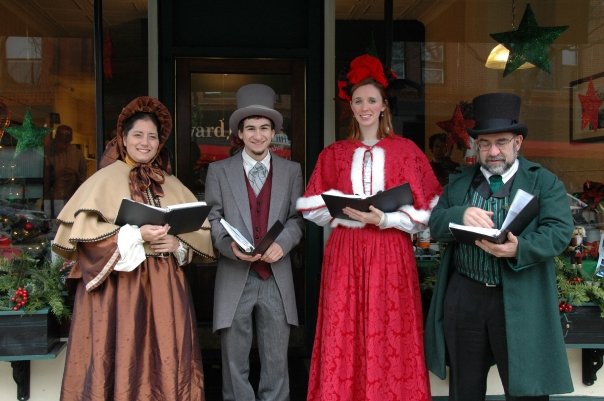 y will be full of fairs, performances, sales, specials and tastings that last throughout the weekend. Be sure to take advantage of the special holiday trolley that runs on Saturday, taking shoppers through the shopping districts for free. The trolley will run from 10AM-2PM.
y will be full of fairs, performances, sales, specials and tastings that last throughout the weekend. Be sure to take advantage of the special holiday trolley that runs on Saturday, taking shoppers through the shopping districts for free. The trolley will run from 10AM-2PM. the ‘giving tree’ in our front office. The ornament will provide details on the holiday wish list for someone in the community relying on the generosity of others this holiday season.
the ‘giving tree’ in our front office. The ornament will provide details on the holiday wish list for someone in the community relying on the generosity of others this holiday season.


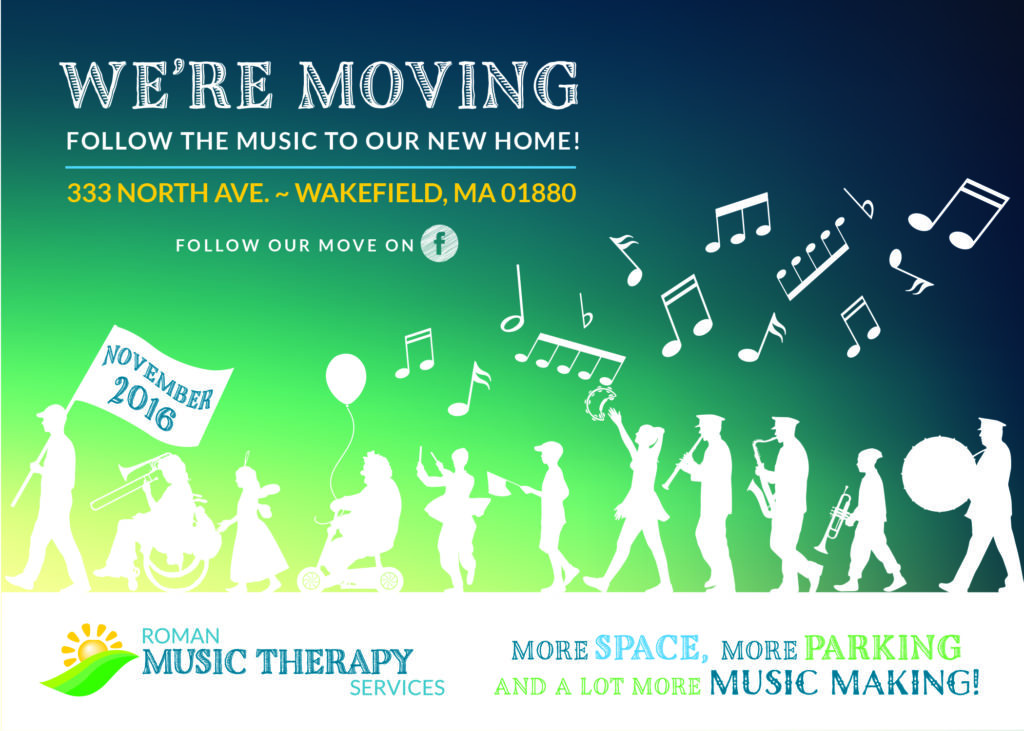
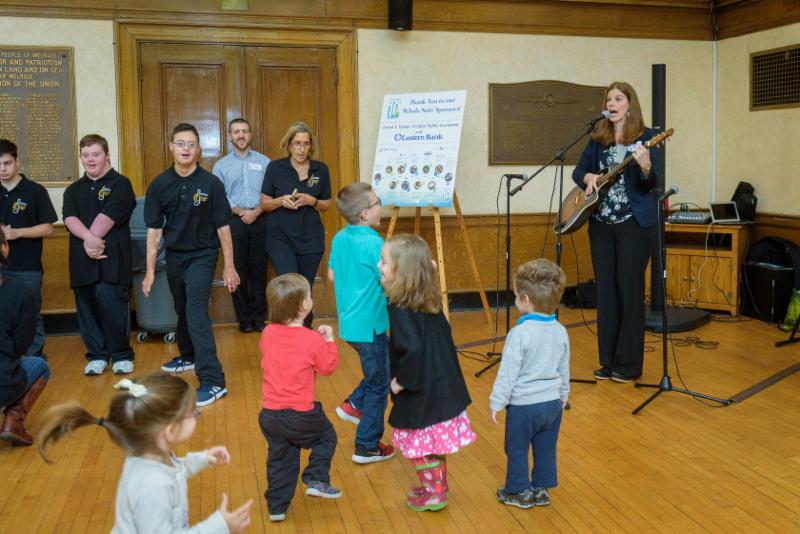 opened the event with a few words of acknowledgement and thanks to clients, supporters, community partners and employees who have been part of the 10 year journey. She also sampled for the crowd one of the opening songs often used by the music therapists, Today Is A Beautiful Day, kicking off the event and setting an upbeat and inclusive tone for the day’s events. Later in the afternoon Meredith shared the news Roman Music Therapy Services’ growth and success have created the need to expand into a bigger space, and that our new home is right down the road in Wakefield, MA (Stay tuned or follow us on
opened the event with a few words of acknowledgement and thanks to clients, supporters, community partners and employees who have been part of the 10 year journey. She also sampled for the crowd one of the opening songs often used by the music therapists, Today Is A Beautiful Day, kicking off the event and setting an upbeat and inclusive tone for the day’s events. Later in the afternoon Meredith shared the news Roman Music Therapy Services’ growth and success have created the need to expand into a bigger space, and that our new home is right down the road in Wakefield, MA (Stay tuned or follow us on 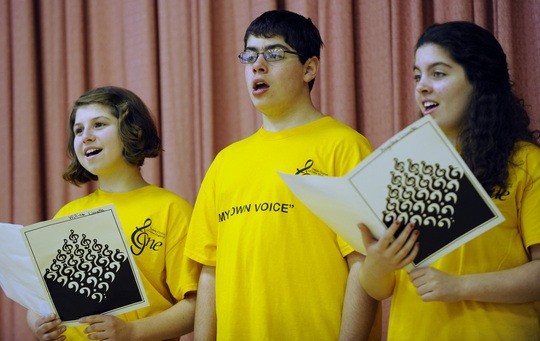

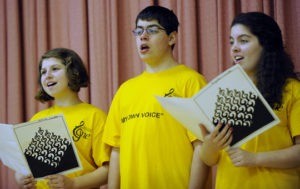
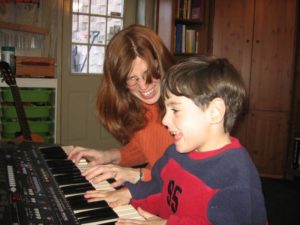
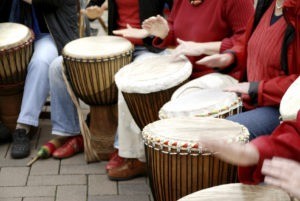 Ambassadors may host as universal music-making event (such as a community drum circle or open mic night), publicize our services or events (like our
Ambassadors may host as universal music-making event (such as a community drum circle or open mic night), publicize our services or events (like our 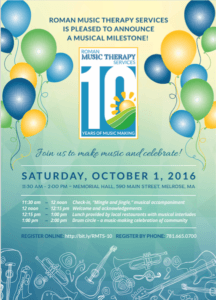
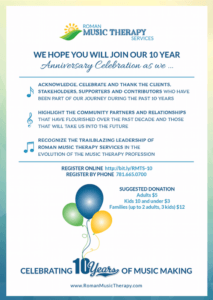
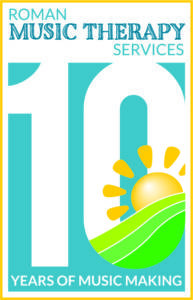

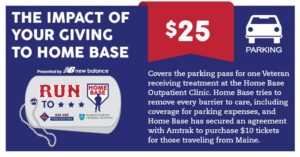
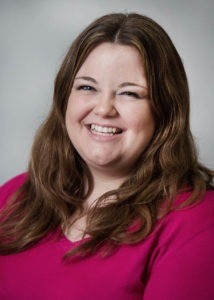
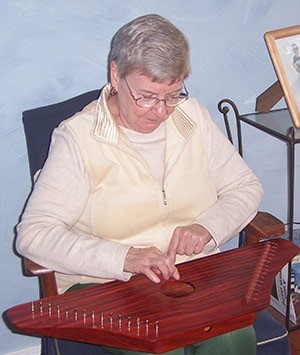 “beautiful” with just one pause. The other seniors smiled and cheered for her! From there she sang missing lyrics from all familiar songs and answered simple sung questions such as “How are you today?” Many of her peers commented after the session how wonderful it was that music could reach her in this way. Not only did she benefit from the musical stimuli but her peers saw her as a person again, something totally invaluable as a human being and especially as a human being with a disease such as dementia.
“beautiful” with just one pause. The other seniors smiled and cheered for her! From there she sang missing lyrics from all familiar songs and answered simple sung questions such as “How are you today?” Many of her peers commented after the session how wonderful it was that music could reach her in this way. Not only did she benefit from the musical stimuli but her peers saw her as a person again, something totally invaluable as a human being and especially as a human being with a disease such as dementia.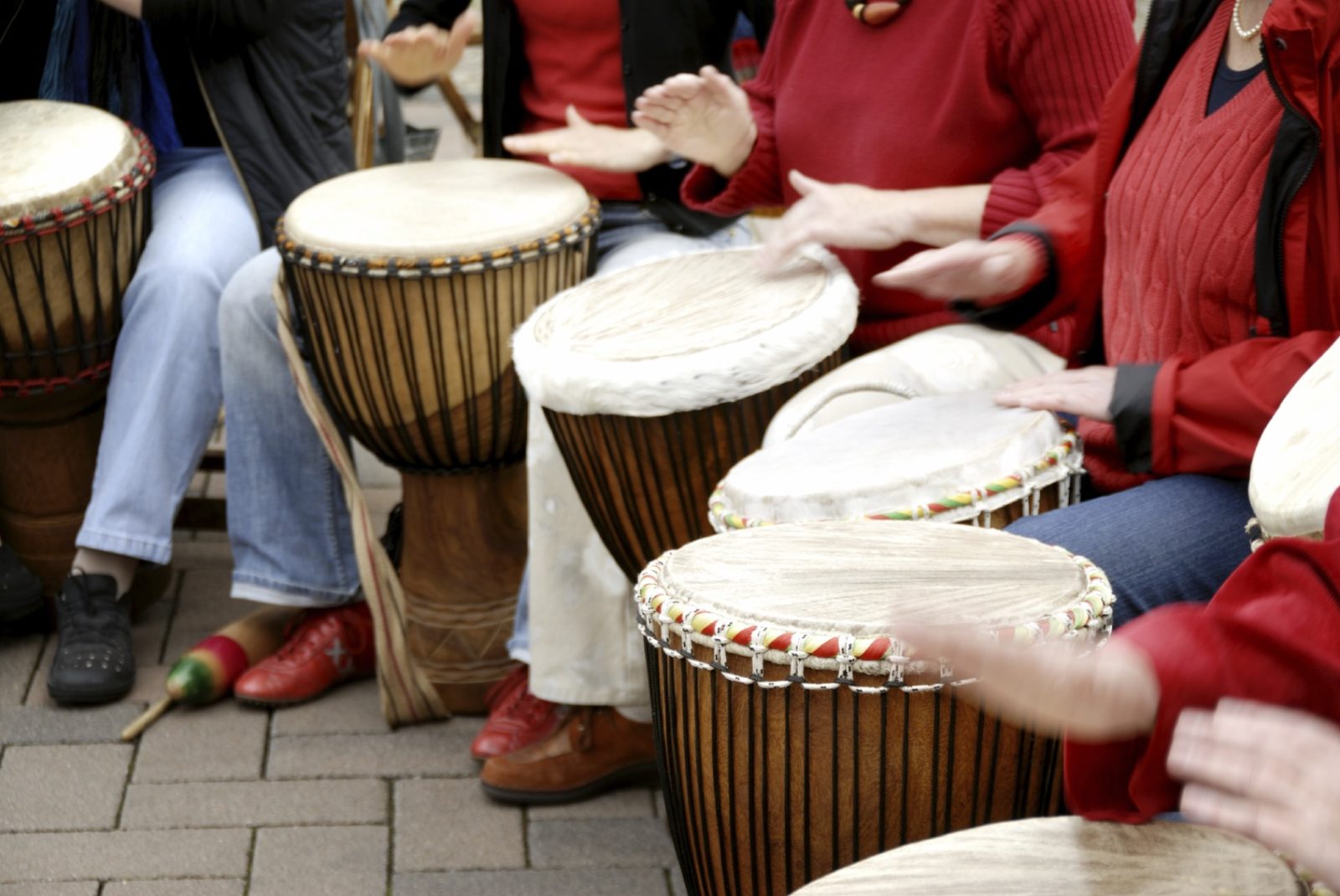 Research suggests music can enhance brain functioning in the moment and over time. This is useful for a wide range of individuals and groups. Our music therapists are able to meet your group’s unique needs, whether it be for staff wellness or development, a professional workshop or an energizing community event.
Research suggests music can enhance brain functioning in the moment and over time. This is useful for a wide range of individuals and groups. Our music therapists are able to meet your group’s unique needs, whether it be for staff wellness or development, a professional workshop or an energizing community event.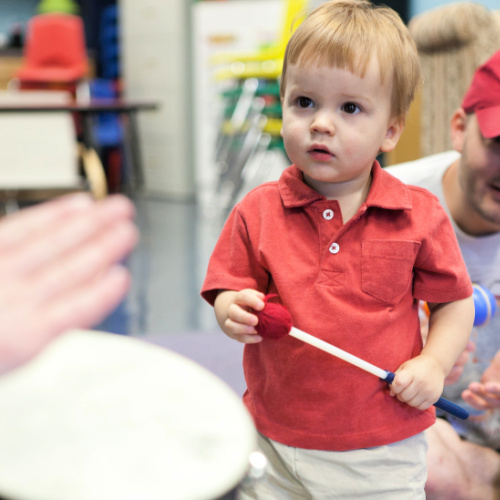
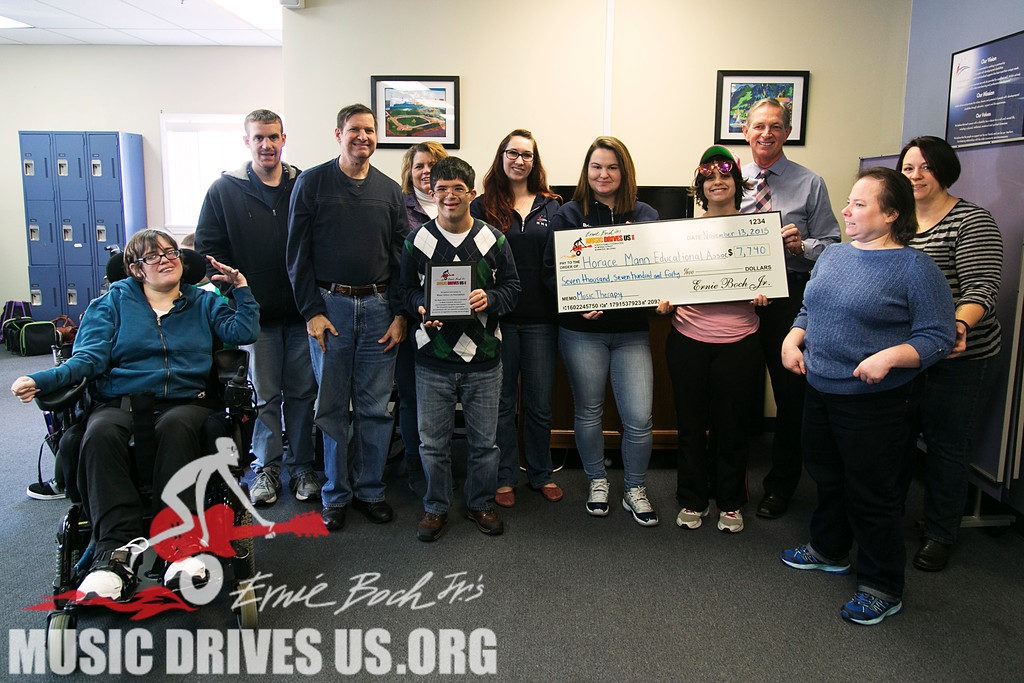
 at the Tree Lighting.
at the Tree Lighting.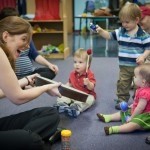 Challenge for Many Families
Challenge for Many Families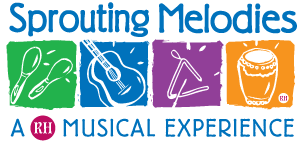 ur clinically proven products that address sensitive skin, sun damage, melasma, hormonal acne and anti aging or their money back. At the same time I help women and a few good men all over the country to start their very own businesses with the most famous dermatologists in the world to help reach their life goals!
ur clinically proven products that address sensitive skin, sun damage, melasma, hormonal acne and anti aging or their money back. At the same time I help women and a few good men all over the country to start their very own businesses with the most famous dermatologists in the world to help reach their life goals!
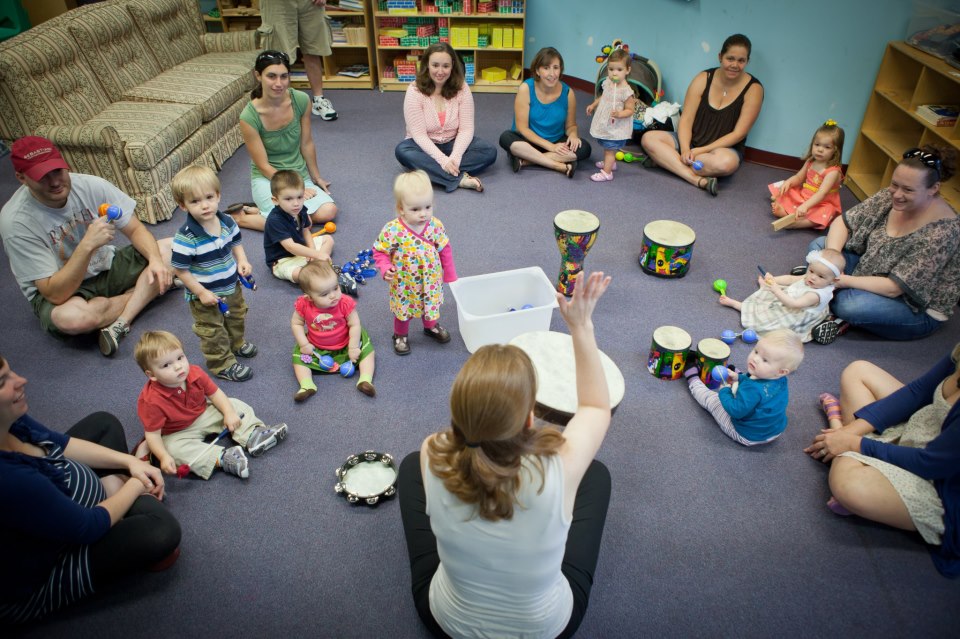
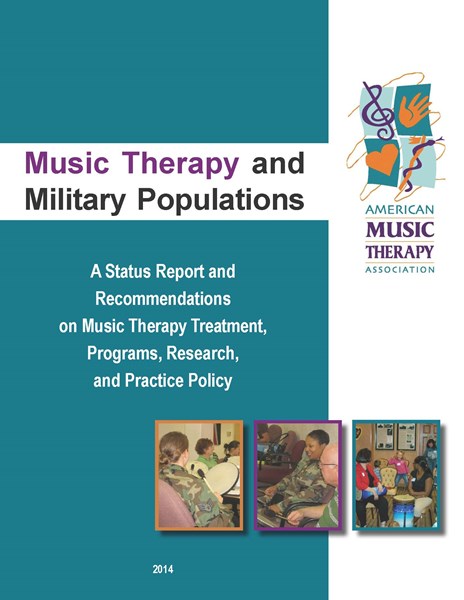



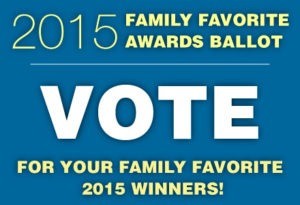



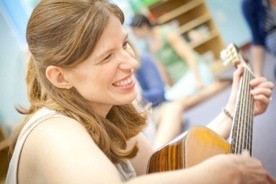
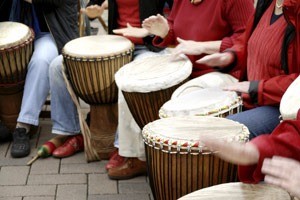 Music Therapy, like other forms of therapy, does not conform its practitioners to one model. Here at Roman Music Therapy Services, we use an integrated model. Clients to come to us with unique needs and we work together with them to create a success-oriented plan that helps them meet their personal goals drawing from multiple ways of thinking about music therapy. There are many different models of music therapy that echo current research and evidence based practice. Our music therapist chooses a model of practice or uses a variety of music therapy strategies and interventions according to what benefits the client. It is also important that when seeking a music therapist, a client is well informed and can find a therapist that is right for them.
Music Therapy, like other forms of therapy, does not conform its practitioners to one model. Here at Roman Music Therapy Services, we use an integrated model. Clients to come to us with unique needs and we work together with them to create a success-oriented plan that helps them meet their personal goals drawing from multiple ways of thinking about music therapy. There are many different models of music therapy that echo current research and evidence based practice. Our music therapist chooses a model of practice or uses a variety of music therapy strategies and interventions according to what benefits the client. It is also important that when seeking a music therapist, a client is well informed and can find a therapist that is right for them. Music therapy has been recognized and supported in the mental health field for many years. In the early history of music therapy, musicians worked with veterans from World War 2 playing songs in hospitals or rehabs. These musicians and surrounding staff saw noticeable changes in the veterans mood and affect. The field has grown largely since then, working with a range of demographics, disabilities, in such settings as; mental health, special education, hospice, nursing homes, and hospitals.
Music therapy has been recognized and supported in the mental health field for many years. In the early history of music therapy, musicians worked with veterans from World War 2 playing songs in hospitals or rehabs. These musicians and surrounding staff saw noticeable changes in the veterans mood and affect. The field has grown largely since then, working with a range of demographics, disabilities, in such settings as; mental health, special education, hospice, nursing homes, and hospitals.
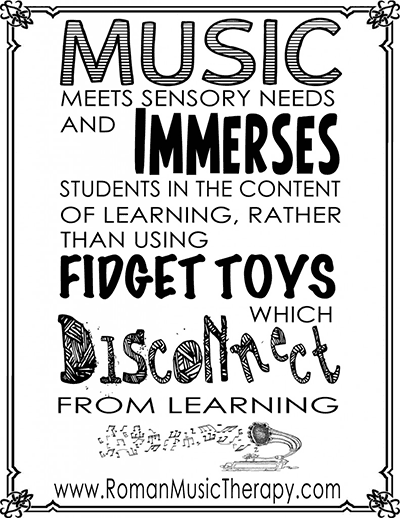
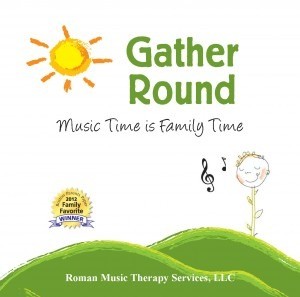 Gather Round: Music Time is Family Time
Gather Round: Music Time is Family Time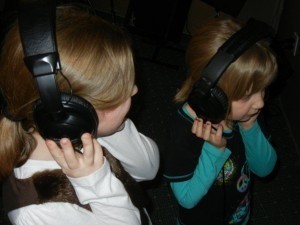
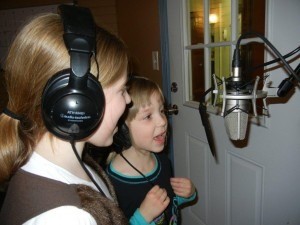
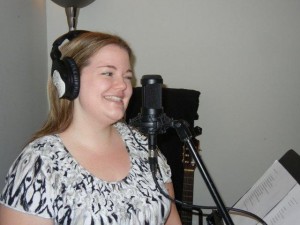
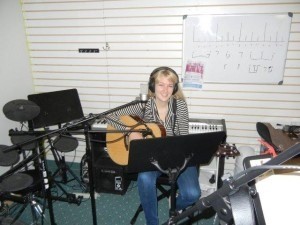
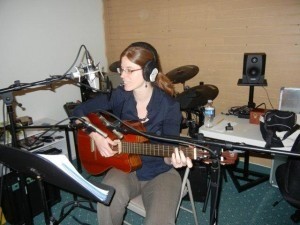
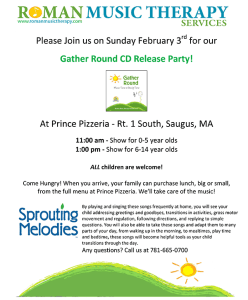 Come to our CD Release Party!
Come to our CD Release Party!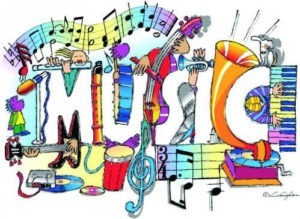
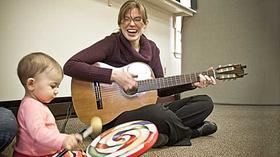
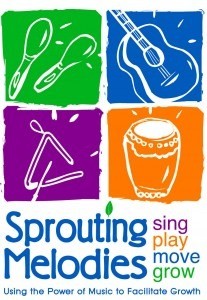 Check out our new and improved Sprouting Melodies logo! You will be seeing this more and more around town in future months. Roman Music Therapy Services is growing, and we thought it would be appropriate for our graphic designs to be updated as well. Please feel free to email us with your comments and feedback at
Check out our new and improved Sprouting Melodies logo! You will be seeing this more and more around town in future months. Roman Music Therapy Services is growing, and we thought it would be appropriate for our graphic designs to be updated as well. Please feel free to email us with your comments and feedback at  Appeared in the Melrose Patch and in the Melrose Free Press.
Appeared in the Melrose Patch and in the Melrose Free Press.